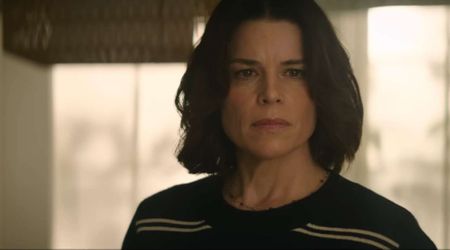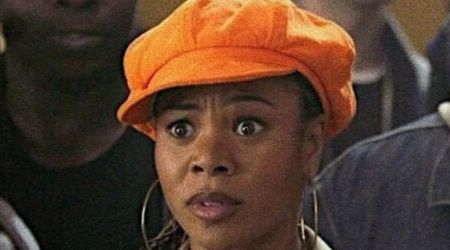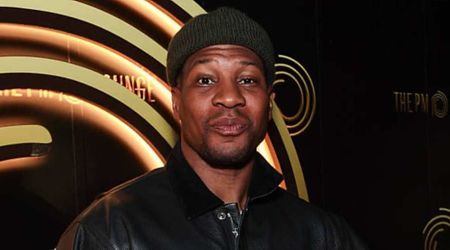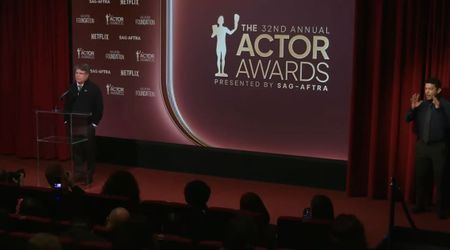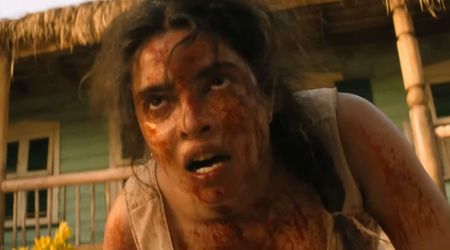Netflix's 'Crip Camp' praised as 'life-changing, historical and vibrant’ as viewers call for disability rights

'Crip Camp' premiered on March 25 on Netflix and has already become a fan-favorite with many adding it to their watchlist while quarantining to stay safe from the coronavirus pandemic.
The documentary shines a light on the little-known civil rights movement for disability rights. It features archival footage recorded by producer and director Jim LeBrecht while he was at the titular camp, 'Camp Jened', as well as footage from protests and demonstrations that disability rights activists held throughout their fight for equality.
The fact that this camp and the movements it helped bring to life remain largely unknown is probably best represented by the fact that nearly everyone who saw the title 'Crip Camp' presumed it was a documentary about the street gang 'Crips' and not about the camp for disabled people.
"Saw 'Crip Camp' on Netflix and thought it was like a doc on being initiated into a gang and the lifestyle. Smh, it’s literally a camp for disabled people. I’m going to hell," tweeted one user, while another said, "I’m f****n DEAD — saw the title ‘Crip Camp’ and I thought it was about actual CRIPS... NOPE! It’s about a camp run by hippies catering to the paraplegic, blind, and deaf youth during the late 60s."
But regardless of initial misconceptions, all who did go ahead and watch the documentary were left inspired. "Watch this now on #Netflix as an abled person it is the most life-changing, historical, vibrant and realistic living proof of a movement and #CivilRights for the handicapped," tweeted one user.
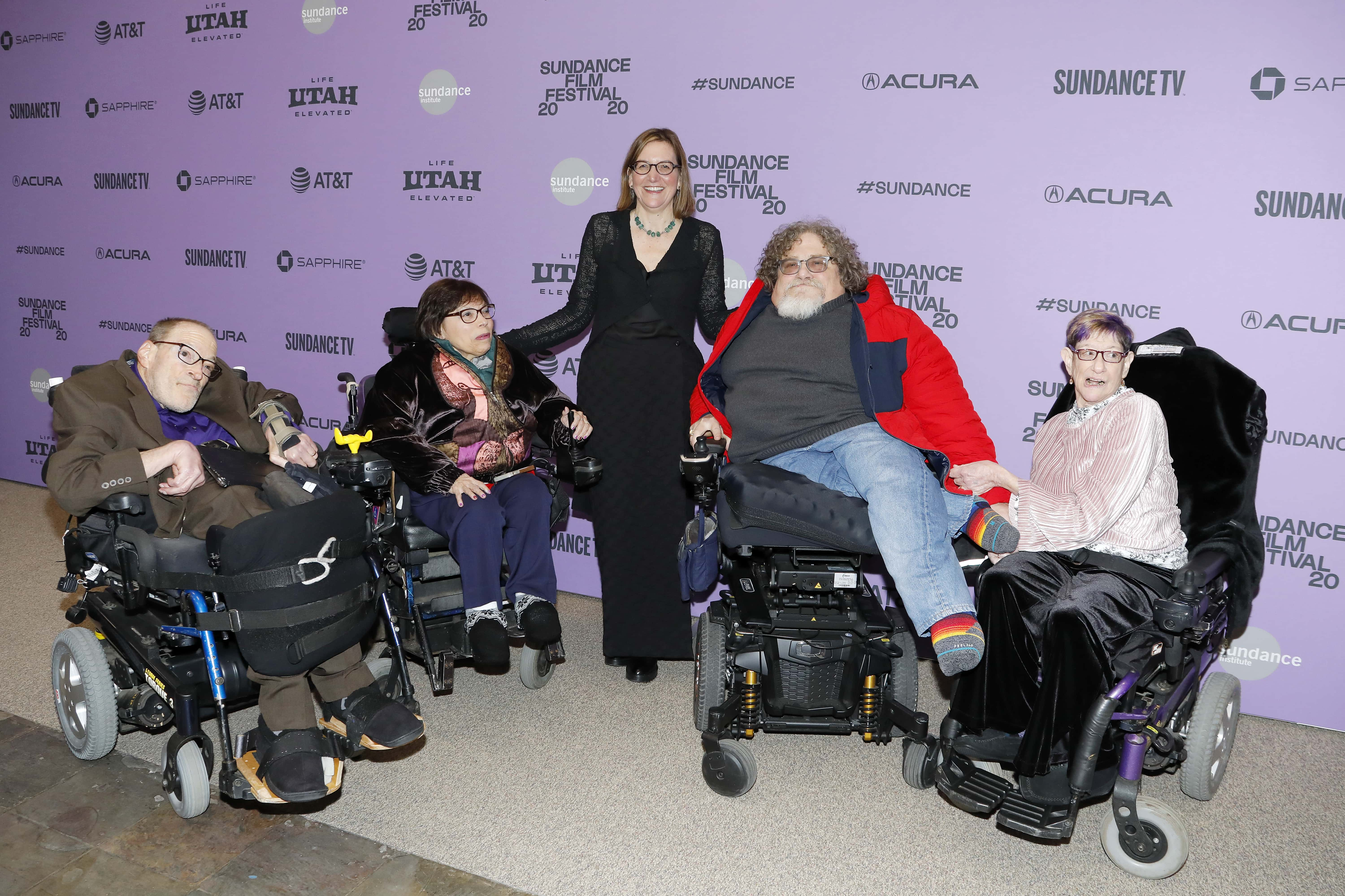
'Crip Camp' also features a whole list of quotable moments and many took to Twitter to share some of their favorites. One user quotes LeBrecht speaking about Camp Jened, saying, "Everyone had some bodily concern or limitation, so no one was the stigmatized odd one out. The world, for once, did not assume an able-bodied perspective," and added, "what an inspiring film @CripCampFilm - please watch." Camper Denise Jacobson's statement, "You can pass a law, but until you change society’s attitude, the law won’t mean much #CripCamp" was also tweeted, to which another user responded, "Yes! This was one of my favorite quotes from #CripCamp. Yes, there has been progress, however, there is still so much change that needs to happen. It was such a great film!"
Many users also put their thoughts on the film into reviews, with some live-tweeting their reactions. Some opted for short, quick tweet reviews. One user said, "Which documentary should you watch based on your mood: if you want to laugh: Crip Camp / if you want to be moved: Crip Camp / if you want to feel inspired: CripCampFilm." Another said, "I have a whole new respect and admiration for the disabled population. Their roles in human history needs to be taught more in grade schools."
Another user tweeted, "Crip Camp on Netflix is a friggin' amazing film! Individuals growing up and into their lives in the context of organizing disability rights movements is, well, everything. And it has sexually transgressive moments. Yippee."
Some users took a moment to shower the Obamas with praise. The documentary was executive produced by their production company 'Higher Ground' in collaboration with Netflix. "Watching #CripCamp I realized how little I knew about the people who launched the American disability rights movement. It’s fascinating to see a group of teens at a summer camp discover community and grow to take action. The Obamas are bringing the right stories forward," said a viewer.
Netflix Queue, which is the account that pays homage to the creators behind the movies and shows the platform airs, tweeted some vintage polaroids of campers and counselors at Jened, stating, "Powerful. Heartwarming. Groundbreaking. 1960s vintage polaroids from the @netflix documentary @CripCampFilm directed by Nicole Newnham and James Lebrecht." They made sure to include appropriate image descriptions for each polaroid. Image descriptions are extremely important for many disabled people, particularly those who use screen readers due to visual impairments. It does, however, also help anyone who is unable to see the image - such as people who are dealing with internet issues that cause images to load slowly or not load at all.
For instance, the following image description reads, "A young camper squints at the camera with a bemused look, wearing a straw hat, a red shirt with white-polka dots, and an army-green jacket. Behind him, a couple sitting in manual wheelchairs share a romantic embrace, looking like they just kissed."
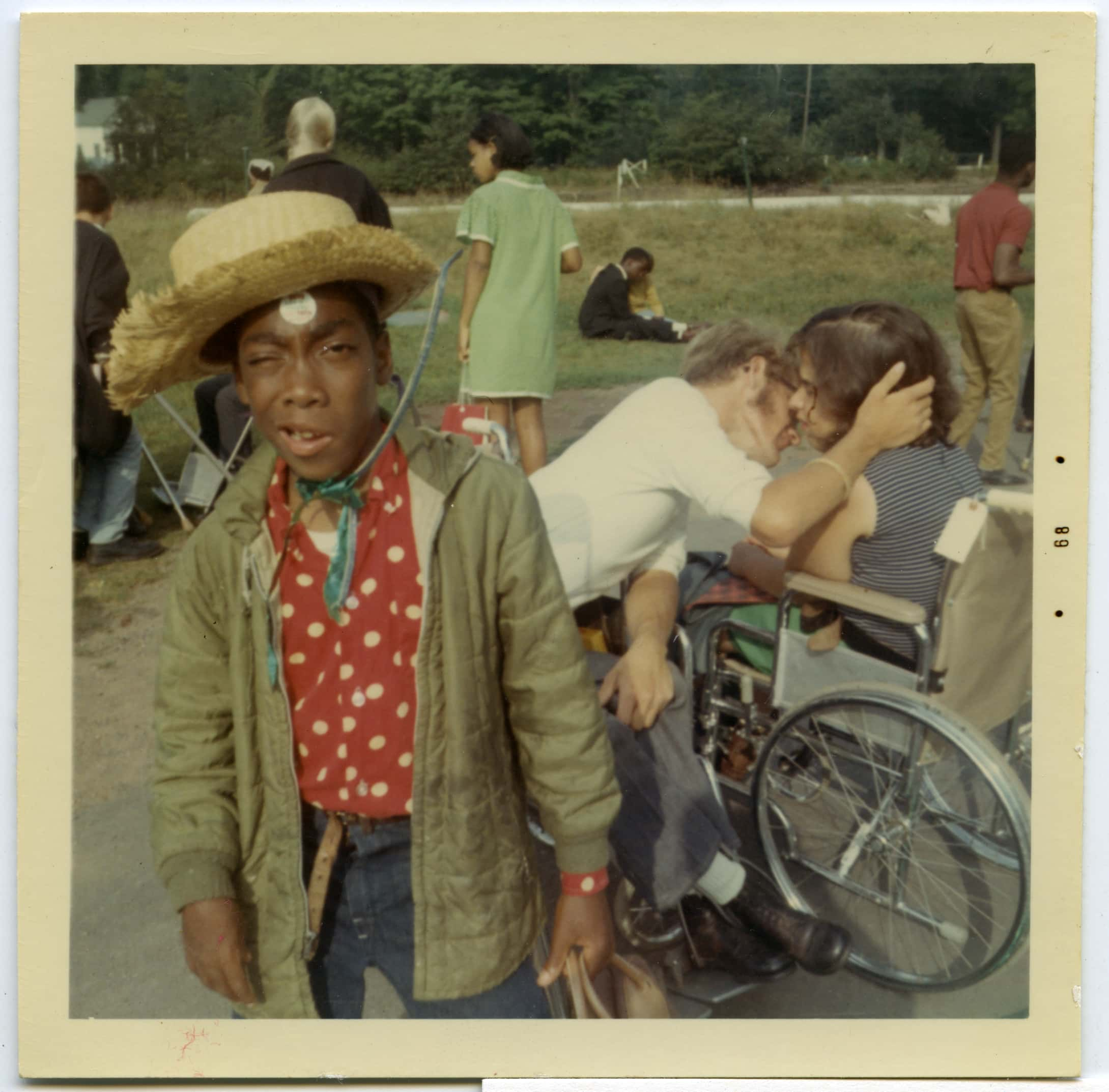
Given that 'Crip Camp' has people from the disabled community be active participants in telling their story, both in front of and behind the camera, it is revolutionary in its own way and is a huge step forward for visibility and representation. Twitter users who are part of the community were equally moved by the documentary. One user said, "If any of y’all have Netflix, I recommend #CripCamp. it shines a bright light on the disabled community and shows a generation that fought for a more accessible future for people like myself today and onwards it’s just truly amazing and I’m glad this was made."
Some users also highlighted how little people understand about the disabled community, often underestimating them completely. Protestors endured some harsh conditions during their '504 Sit-in', including the FBI limiting communication between them and the protestors outside. But this was hardly an issue for them. "During the sit-in for disability rights, the FBI cut the phones so the protesters couldn’t communicate with the outside. — Not realizing whom they were dealing with: The deaf protesters signed from the windows," tweeted one user.
Self Advocacy Sydney Inc. (SAS), a free service for people with intellectual disabilities to access community, training, and employment opportunities tweeted, "It's great to see filmmakers raising awareness and showcasing people that all too often never get the attention they deserve."




